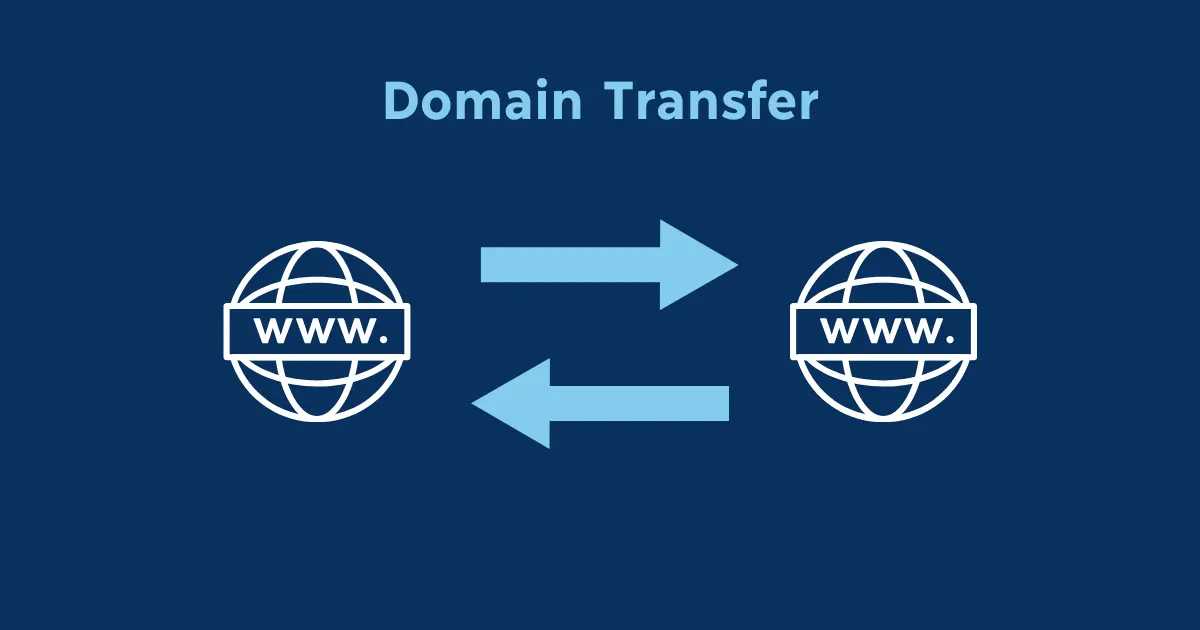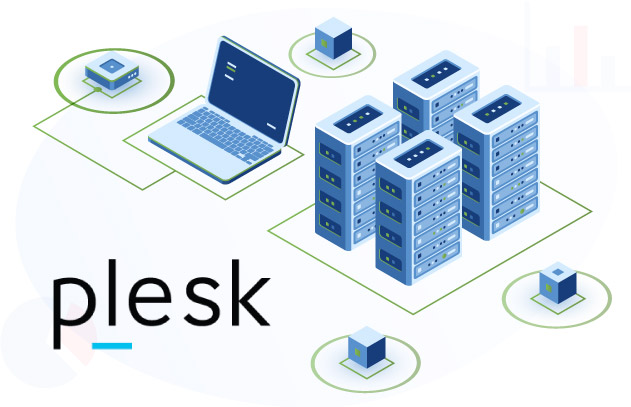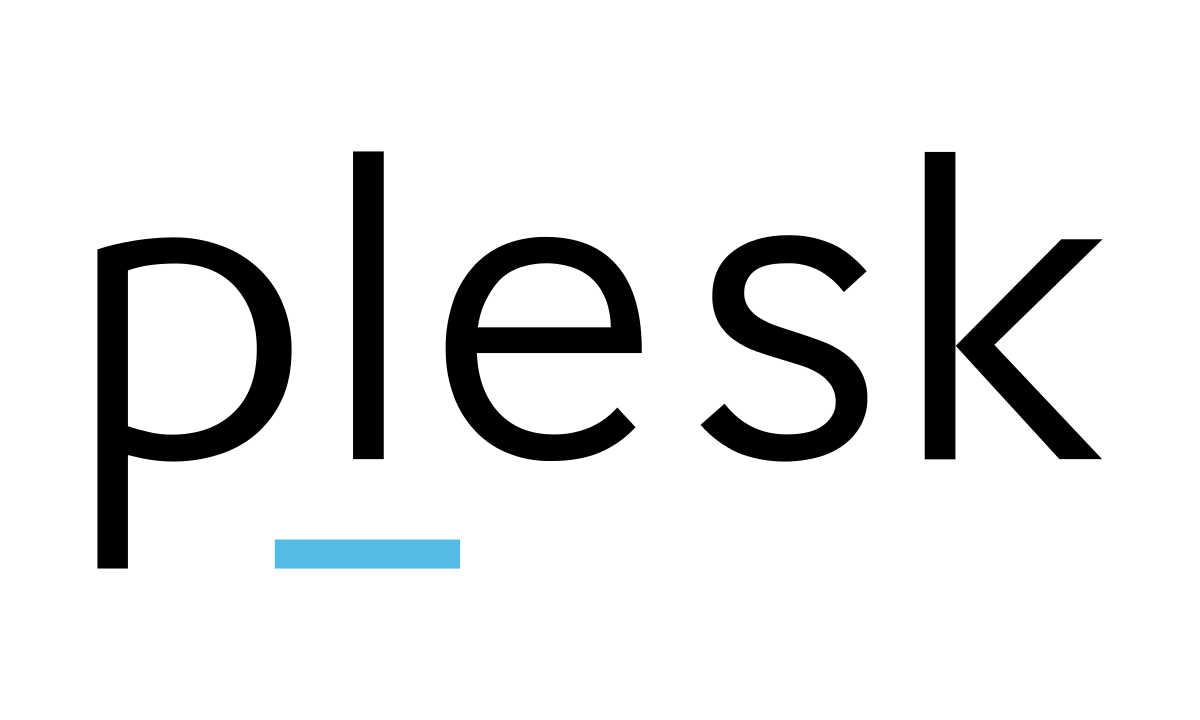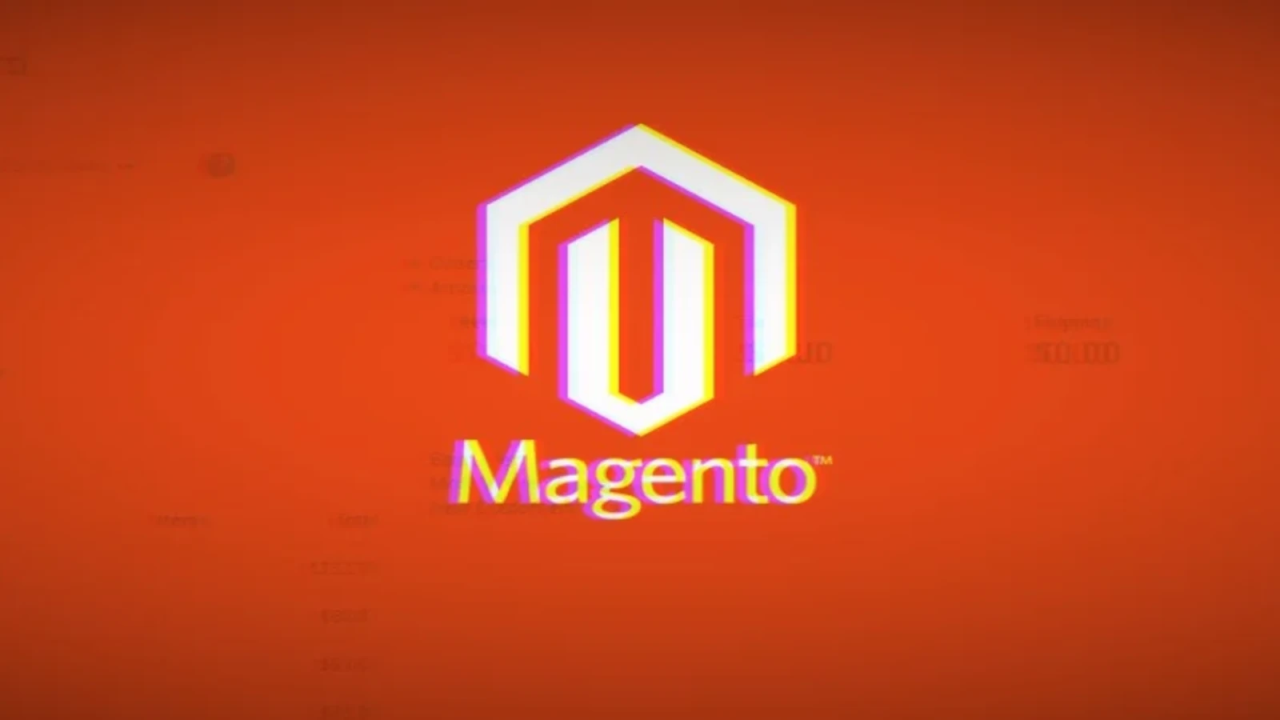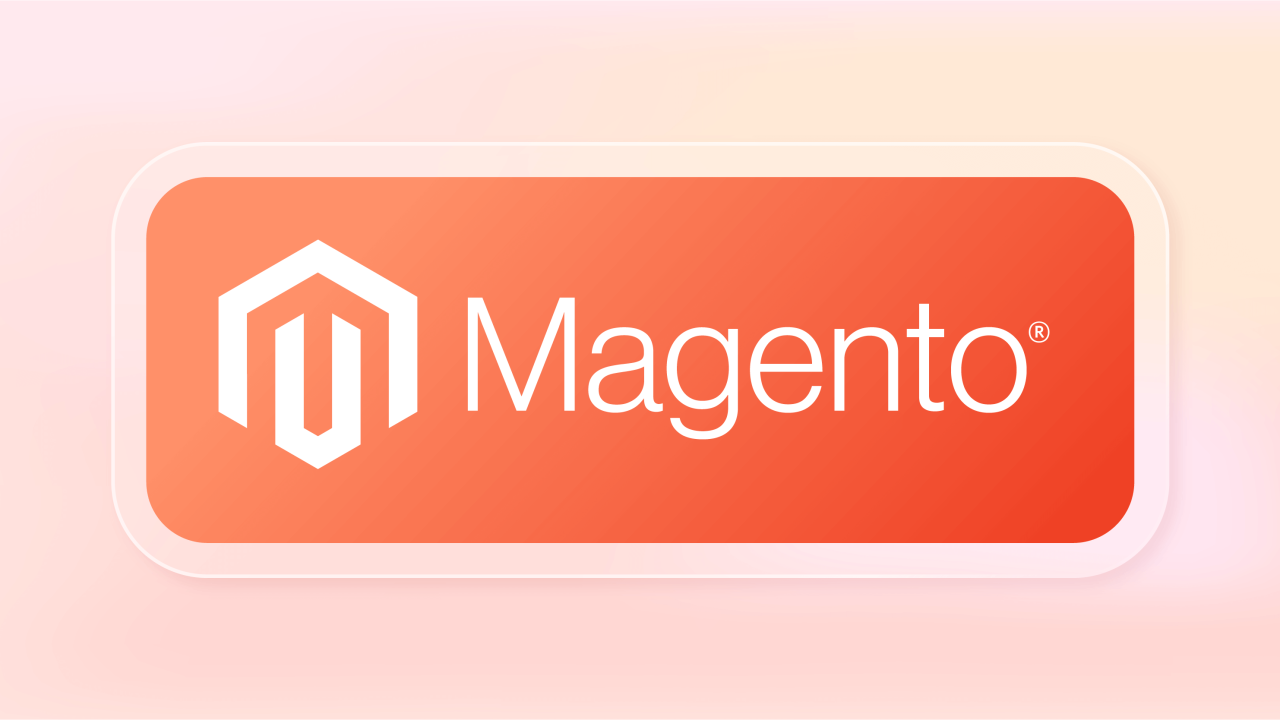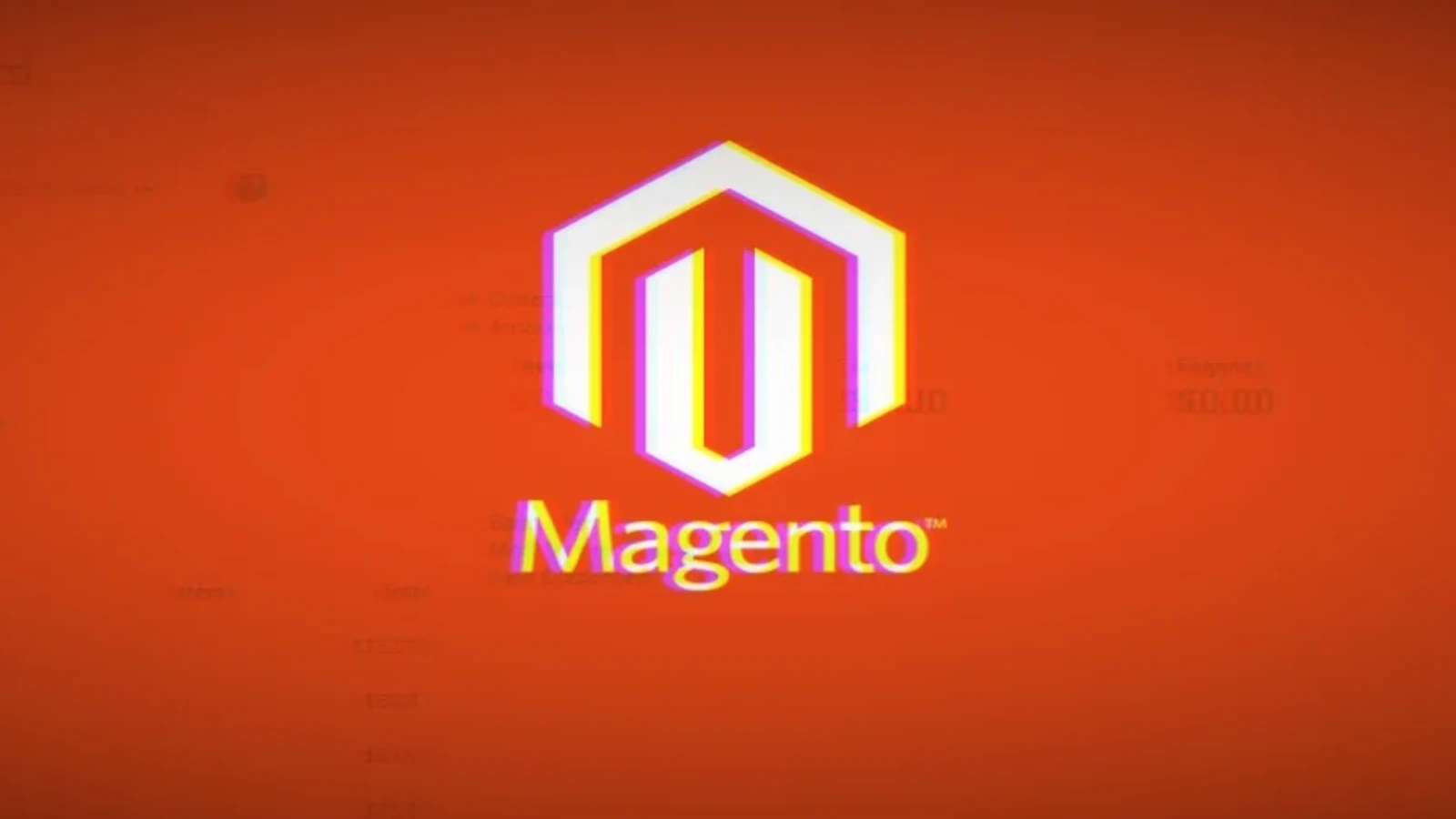Is Magento Better ~Choosing the right content management system (CMS) is a critical decision for businesses aiming to establish or enhance their online presence. With a plethora of CMS platforms available, Magento stands out as a robust e-commerce solution, but is it better than other CMS options? This guide delves into Magento’s strengths and weaknesses and compares it to other popular CMS platforms like WordPress, Shopify, and Drupal.
Table of Contents
What is Magento?
Magento is an open-source CMS primarily designed for e-commerce websites. It is known for its extensive customization capabilities, scalability, and advanced features tailored to online businesses. Magento offers two main editions:
- Magento Open Source – A free version that allows developers to create highly customized e-commerce websites.
- Adobe Commerce (formerly Magento Commerce) – A paid version with additional features like cloud hosting, advanced analytics, and customer support.

Advantages of Magento
1. E-commerce Focused
Magento is specifically built for e-commerce, offering features such as multi-store management, advanced product cataloging, and seamless integration with payment gateways.
2. Highly Customizable
Magento’s open-source nature allows businesses to tailor their websites to unique requirements, offering unmatched flexibility.
3. Scalability
From small businesses to large enterprises, Magento can handle varying scales of operations. It supports large product catalogs and high traffic volumes.
4. SEO-Friendly
Magento comes with robust SEO features, including URL optimization, sitemaps, and metadata customization, which enhance search engine rankings.
5. Extensive Community Support
With a vast community of developers and users, Magento offers extensive support, documentation, and third-party extensions.
Limitations of Magento
1. Complexity
Magento has a steep learning curve and requires technical expertise for setup and maintenance.
2. Cost
While the Open Source edition is free, the paid Adobe Commerce version can be expensive, making it less accessible for small businesses.
3. Resource-Intensive
Magento requires significant server resources, which can lead to higher hosting costs compared to other CMS platforms.
Magento vs. Other CMS Platforms
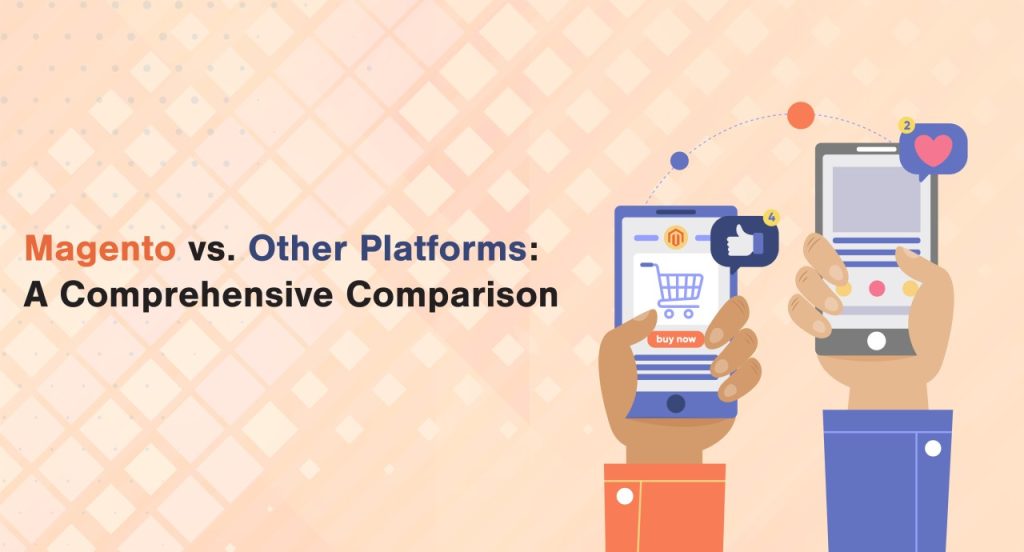
1. Magento vs. WordPress
WordPress is a versatile CMS ideal for blogs, small business websites, and basic e-commerce via plugins like WooCommerce. While WordPress is user-friendly and cost-effective, it lacks the advanced e-commerce features and scalability of Magento.
2. Magento vs. Shopify
Shopify is a hosted platform designed for simplicity and ease of use. It’s great for small to medium-sized e-commerce businesses but offers limited customization and scalability compared to Magento.
3. Magento vs. Drupal
Drupal is a highly customizable CMS suitable for complex websites, including e-commerce. However, it requires significant technical expertise and lacks the specialized e-commerce tools that Magento offers out-of-the-box.
When to Choose Magento
Ideal Scenarios:
- Businesses with large product catalogs.
- Companies seeking a highly customizable and scalable e-commerce solution.
- Enterprises with the budget to support Magento’s development and maintenance costs.
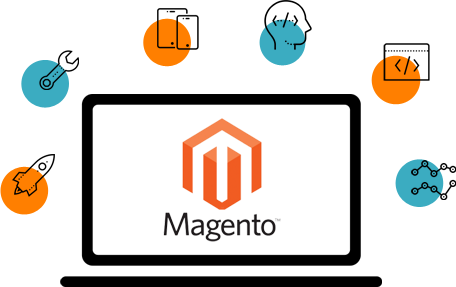
Not Ideal For:
- Small businesses with limited budgets.
- Non-e-commerce-focused websites.
- Users without access to technical expertise.
Conclusion
Magento excels as a CMS for e-commerce due to its powerful features, scalability, and customization options. However, it may not be the best choice for every business. When comparing Magento to other CMS platforms, consider your specific needs, technical expertise, and budget. For e-commerce-centric operations with growth ambitions, Magento often emerges as a superior choice.
By carefully assessing your requirements and exploring Magento’s capabilities, you can determine if it’s the right CMS for your business. You can get our Hosting services and can test Magento by installing in a single click.
